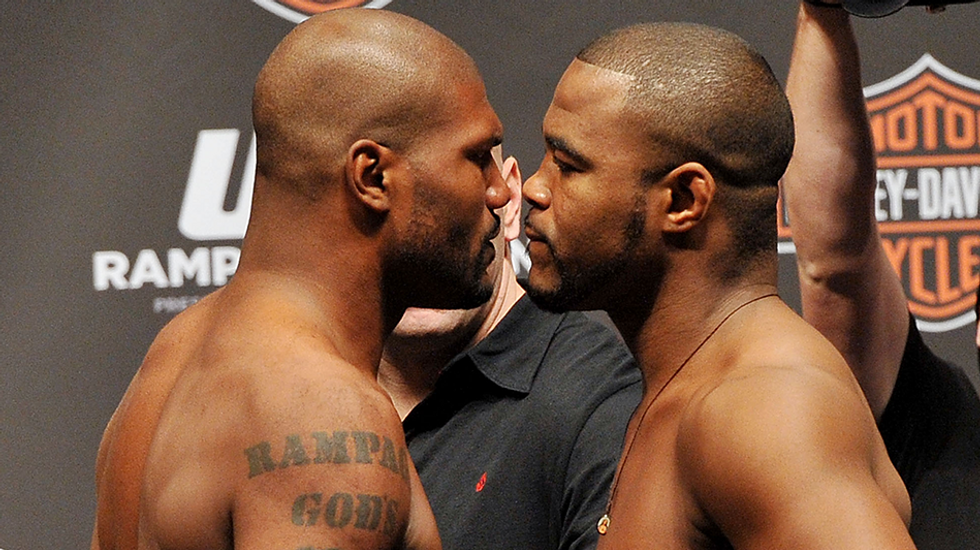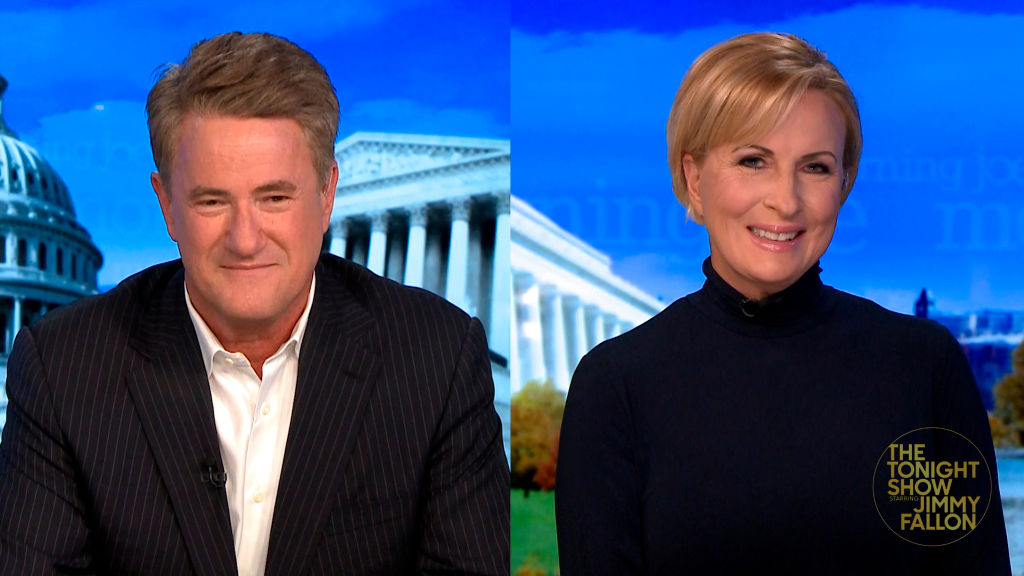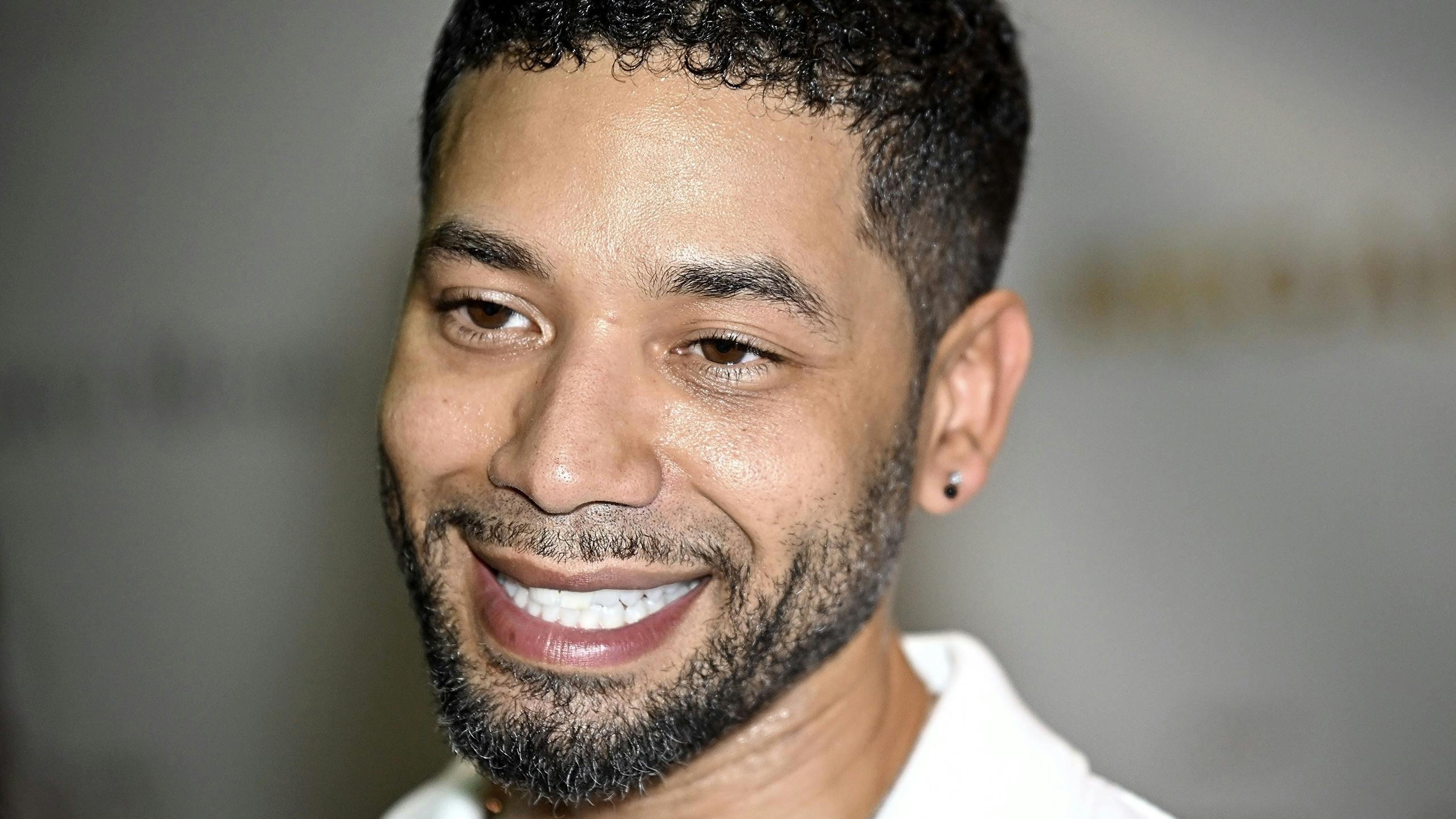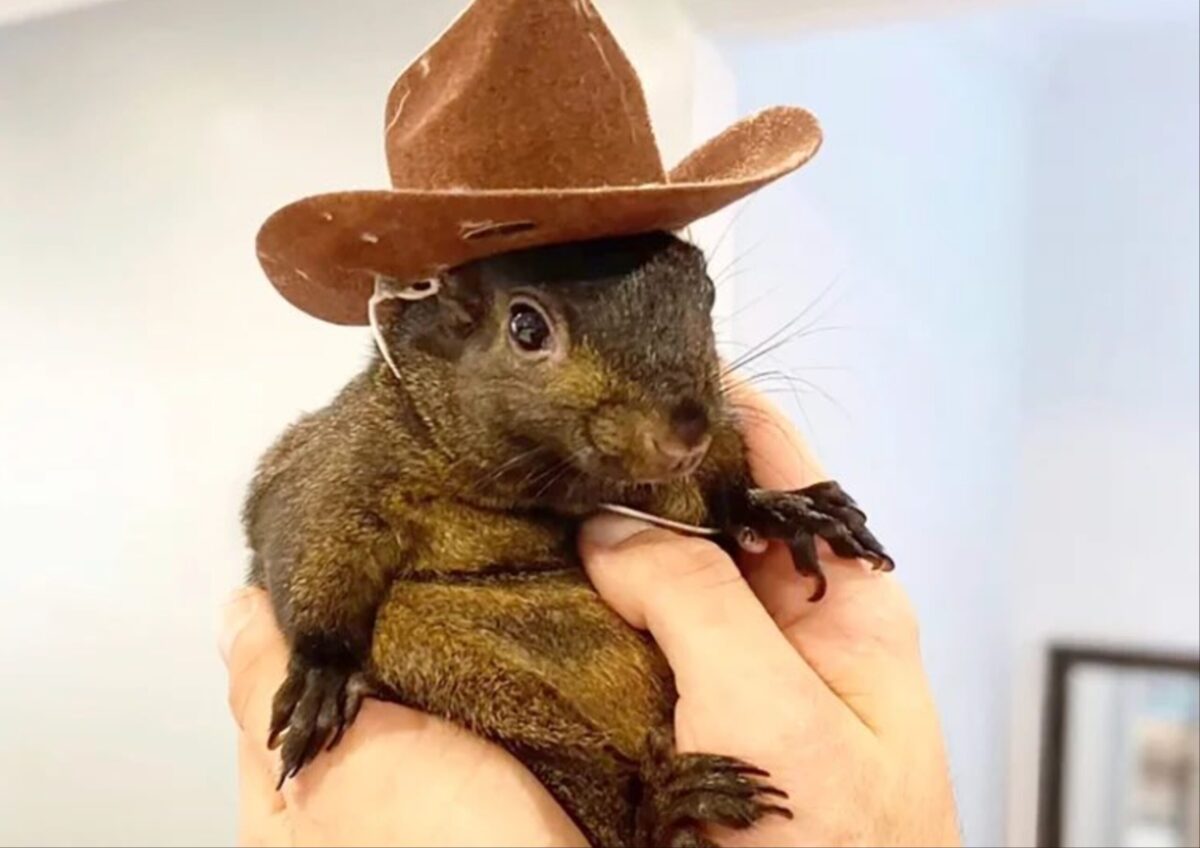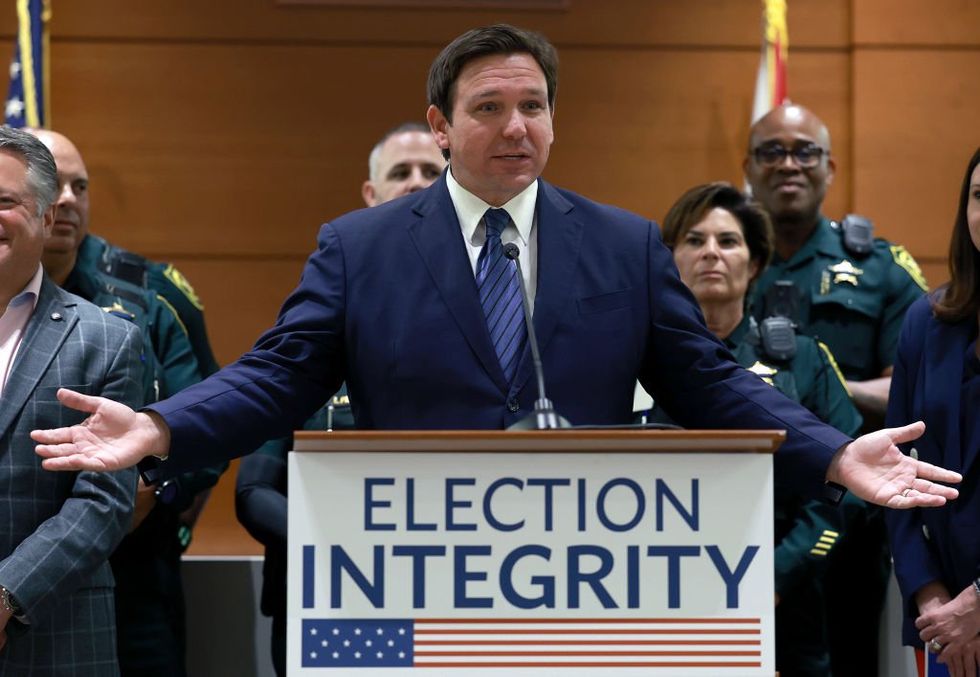Confidence in America’s higher education industry plunging rapidly
Surveys show steepest declines among students from the center and the left, with positive evaluations of higher education dropping by more than 40 points for independents and Democrats



Donald Trump’s potential re-election is worrying many in higher education. A March article in the Chronicle of Higher Education, for example, lamented that a Trump presidency “could remake higher education as we’ve known it.” Striking a similar tone, a July viral X thread by the Berggruen Institute’s Nils Gilman warned: “Universities are likely to be in the direct cross-hairs of a second Trump administration.” According to Gilman, a Trump victory might “spell the end of the post-WWII global hegemony of American academia.”
These concerns would be less compelling if colleges and universities were not so vulnerable. Higher education, however, is in the midst of a worsening “crisis of confidence.” Consider surveys from the last six months alone. In March, the American National Election Study (ANES) pilot found only 26% of Americans approve of “how colleges and universities are run these days.” A May survey by the Foundation for Individual Rights and Expression discovered that a mere 28% of the public has “a great deal” or “quite a lot” of confidence in colleges and universities. Last month, Gallup reported that the number of Americans with “little” or “no” confidence in higher education tripled since 2015, with distrust increasing “among all key subgroups in the U.S. population.” Gallup’s data also showed more than two-thirds of Americans believe higher education is headed in the “wrong direction.”
More troubling is the fact that waning satisfaction with higher education is not limited to adults. According to Monitoring the Future (MTF), a long-running survey of American 12th graders, the percentage of high school seniors saying colleges do a “good” or “very good” job for the country cratered between 2007 and 2022, falling from 75% to 43%. Unlike trends among adults, MTF’s surveys show the steepest declines among students from the center and the left, with positive evaluations of higher education dropping by more than 40 points for independents and Democrats.
These souring assessments are a serious problem for colleges and universities facing a multi-faceted enrollment crisis. High school seniors are now far less interested in higher education than they were 15 years ago. The percentage of 12th graders in the MTF saying they do not want to graduate from college rose from 19% to 28% between 2007 and 2022.
Why have Americans lost faith in higher education? This deepening stream of discontent is fed by many tributaries, including the soaring costs of a degree and the growing misalignment between what colleges teach and what today’s job market demands. One of the most important factors, however, is the perception that colleges and universities are more interested in political indoctrination than in “truth-seeking.” In the ANES data, for example, nearly 60% of Americans – including 47% of liberals – said “most colleges have a liberal bias in what they teach students.” Similarly, Gallup found that 41% of those distrustful of higher education attributed their distrust to colleges and universities being “too liberal,” trying to “brainwash” students, or failing to encourage students to think for themselves.
Fortunately, there are some relatively easy steps that colleges and universities could take to bolster their sagging reputations. First, colleges and universities could endorse the “Chicago Statement,” a declaration from the University of Chicago asserting, “It is not the proper role of the University to shield individuals from ideas and opinions they find unwelcome, disagreeable, or even deeply offensive.” Institutionalizing an explicit commitment to “free and open inquiry in all matters” could chip away at the unfair perception universities are partisan actors focused primarily on advancing a narrow ideological agenda.
Second, colleges and universities could make good faith efforts to address their well-documented faculty “viewpoint diversity problem.” To be clear, increasing viewpoint diversity should not take the form of imposing ideological quotas. Instead, as Professor Tyler VanderWeele has argued, universities could devote more effort to hiring “faculty who hold disfavored or controversial views when those views are held by a large portion of the population, have not been clearly refuted, and influence culture and policy.” Eliminating mandatory DEI statements, which can serve as an ideological litmus test, could also help.
Finally, colleges and universities could commit to “institutional neutrality” (i.e. a pledge to avoid taking public positions on political issues unless those issues “threaten the very mission of the university and its values of free inquiry”). By commenting on some controversies (e.g. on January 6, the invasion of Ukraine, and the Kyle Rittenhouse verdict) but remaining silent on others (e.g. campus anti-Semitism or the attempted assassination of Donald Trump), colleges and universities have needlessly alienated broad swathes of the public over the last decade. As the country braces itself for a historically contentious election campaign set against the backdrop of an increasingly uncertain geopolitical environment, colleges and universities should heed the Kalven Report’s reminder that they are “the home and sponsor of critics,” not critics themselves.
If colleges and universities don’t take steps to solve this crisis of confidence on their own, someone else may do it for them.
SUPPORT TRUTHFUL JOURNALISM. MAKE A DONATION TO THE NONPROFIT WND NEWS CENTER. THANK YOU!
Originally Published at Daily Wire, World Net Daily, or The Blaze
What's Your Reaction?

















